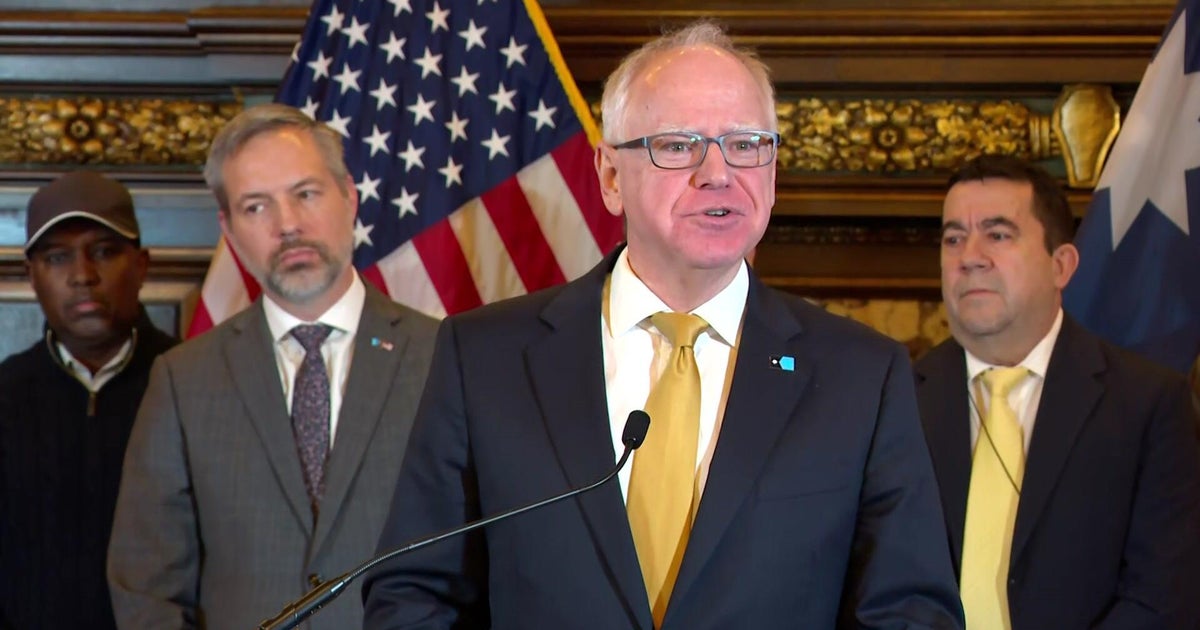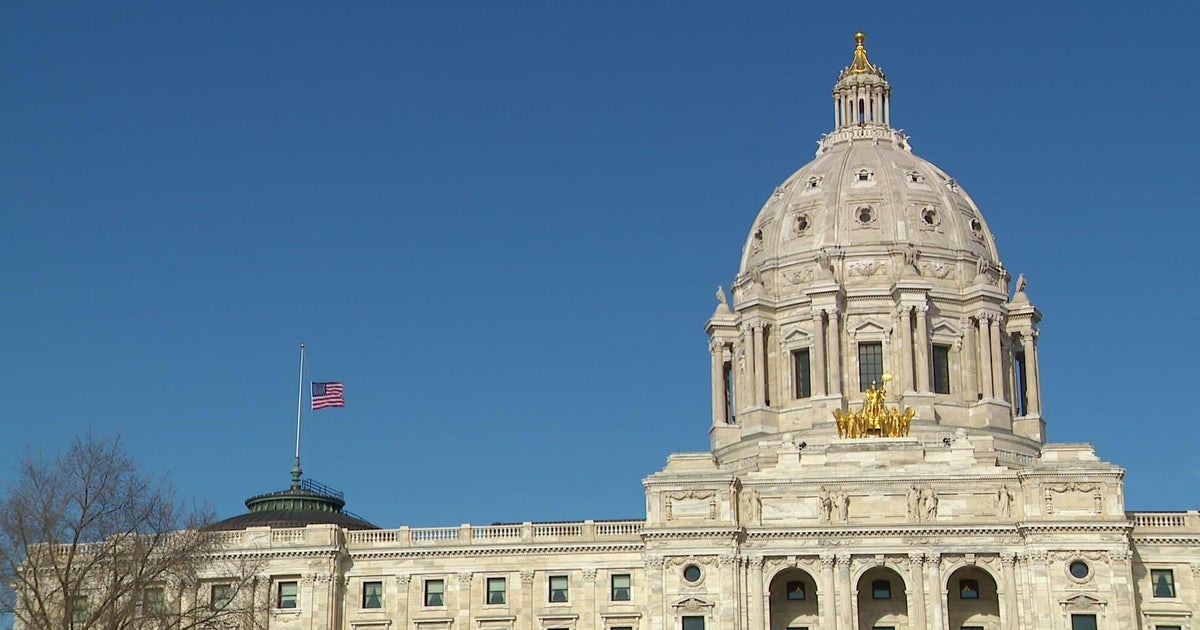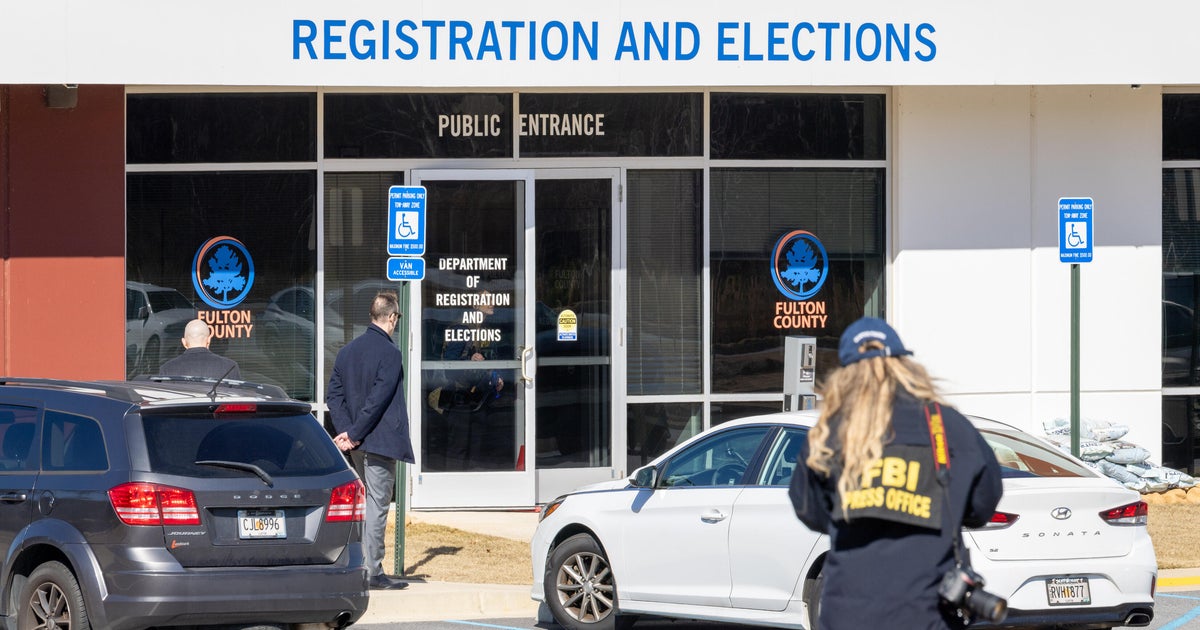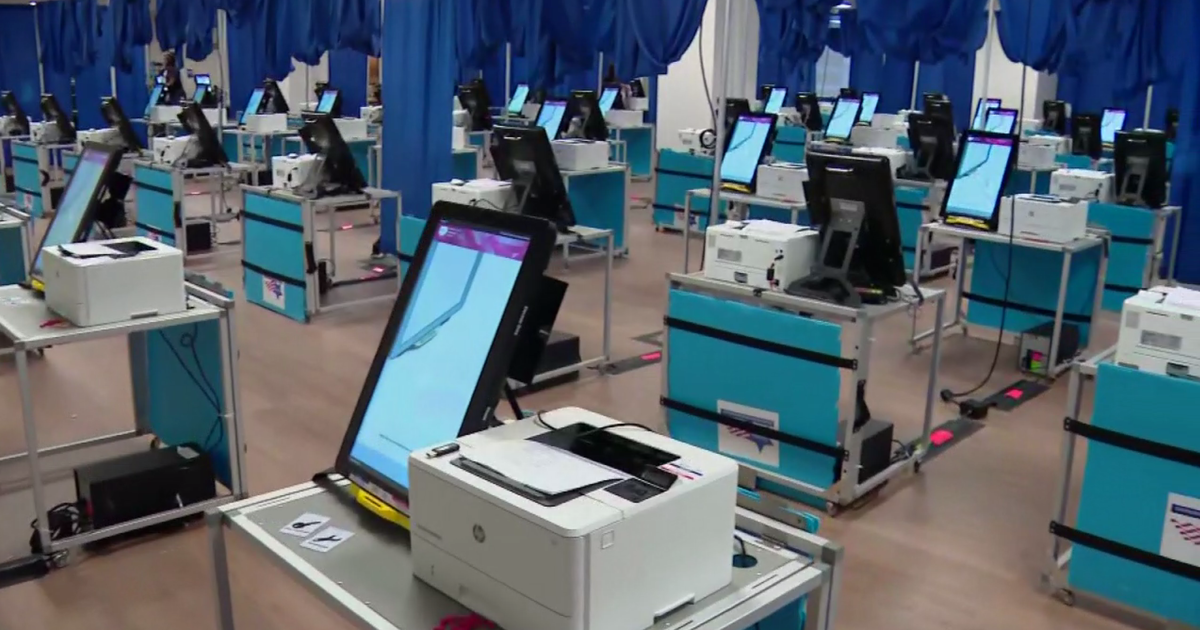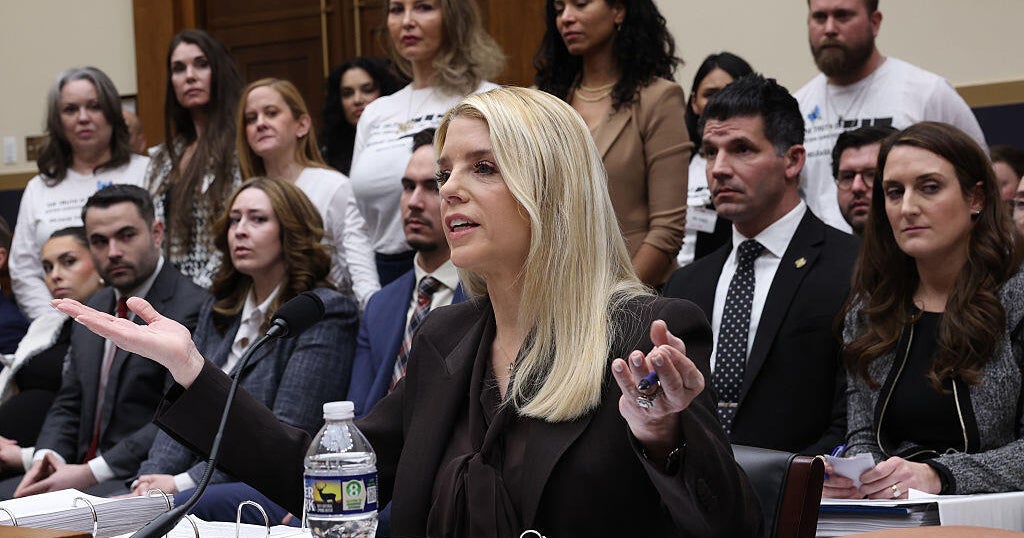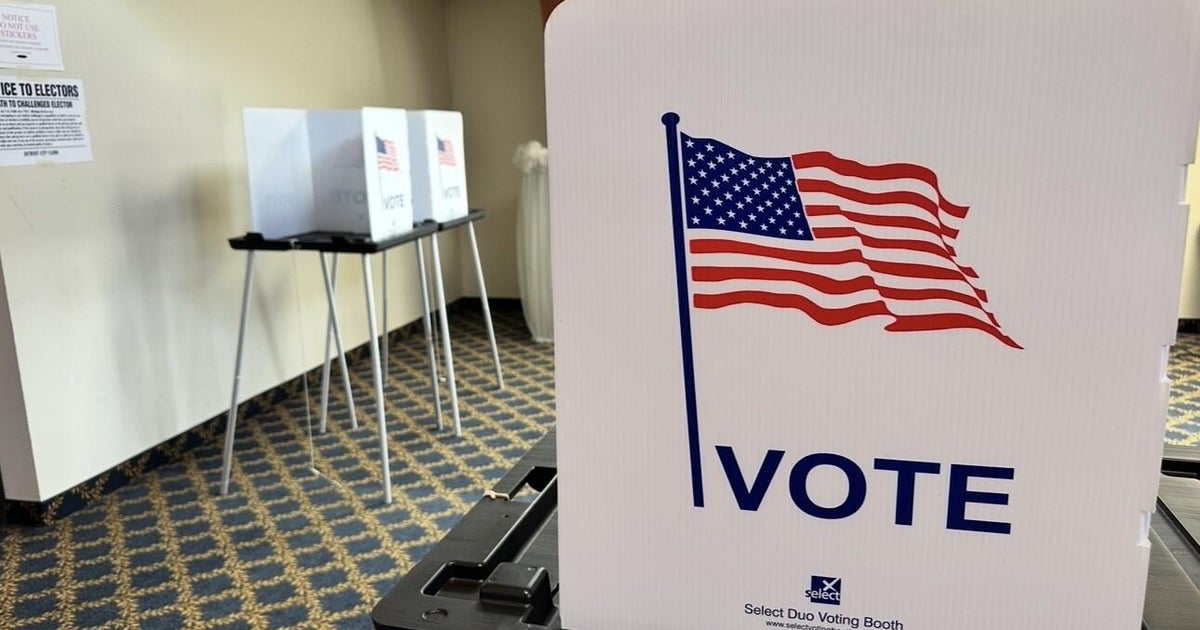More than one-third of elections officials in Minnesota are new in 2024, data show
MANKATO, Minn. — There are eight weeks until Election Day, but the business of elections hasn't really stopped for Michael Stalberger this year.
And elections administrator isn't the only hat he wears for Blue Earth County—his official title is property and environmental resources director. Like most places in Minnesota, local elections officials do a lot of other work for their counties, too. Only nine of the state's 87 counties have full-time, year-round, "elections only" staff, according to the secretary of state's office.
Stalberger has worked in elections since 2016, but recently that role has become more heavily scrutinized as some Americans cast doubt on the integrity of our elections — and the results — post-2020.
"It really changed our work as a professional in the elections environment from being behind the scenes, kind of a numbers counter, a numbers cruncher sort of person, and really put us more in the forefront," he explained of the shift. "And I think that's the big change I noticed from post-2020 to 2022 and then now into 2024 is that people are just expecting us to be much more open and out there."
New expectations, he said, have made some people in similar positions reconsider. And data bears that out: As of January 2024, Minnesota's turnover rate for elections officials was 34%, meaning more than one-third of the people overseeing election administration this fall are new compared to those in the 2020 election, according to the Bipartisan Policy Center. That mirrors national trends, according to a CBS News investigation.
Minnesota saw turnover in 30 jurisdictions. The Bipartisan Policy Center in its report found election official turnover has been increasing steadily and might be rising even more today, but noted that while the swing is significant, the upward trend is "slow" and it's not as dramatic as some feared.
"They maybe have no doubts about what they're doing, that it's being done correctly, but that's just not where they're comfortable. It's not what they signed up for," Stalberger said of colleagues who have left their positions in recent years. "And so that's just different. We have to be able to kind of accept that change. And I think there's some folks that are just saying, 'I can find something else that's just as rewarding to me.'"
Turnover can be a normal part of election administration. But Stalberger worries that when seasoned people leave the job, they take their wealth of knowledge with them that comes with experience. He tries to bridge the gap and help those newly in the position.
"You need to know what you don't even know so that you can prevent a potential issue from occurring," he explained.
Minnesota Secretary of State Steve Simon told WCCO he is aware of the turnover and has shifted focus in response, providing more resources to the on-the-ground local partners like Stalberger, but also election judges working the polls.
His office depends on them to make sure elections run smoothly, he said. His office does not count any ballots.
"Putting on an election in this state, in any state, is a team sport. We have to be teammates. We have to be partners. We have to shore one another up and have one another's back. And we can't just wait until election season," Simon said. "So someone is new and they come in, say, a year and a half before an election, we can't wait until Labor Day of the election year to start getting together and huddling together as a team. So it occurred to us a few years ago that we've got to get to folks early and collaborate early, wherever they are in the state."
His staff are offering more hands-on training earlier in the process. They also assist with security plans—not just cybersecurity, but physical security of polling places, which Simon described as a recent phenomenon.
In the last two years, the Minnesota Legislature boosted protections for election workers in the wake of new threats. It is illegal to intimidate them or interfere with the process, and a person can't "dox" election workers, either — or publish personal information like home address and contact information online if doing so could cause harm.
"Even though in Minnesota the actual incidents of threats, harassment, intimidation are much lower than in most other states, we don't want to be some of those other states," Simon said. "We don't want to wait until we're at the level of those other states to act."
Stalberger, during his work with the Minnesota Association of County Officers, compiled a survey of election officials in 2023 and received 27 responses from people in positions like his.
Nearly 58% of the respondents stated they or someone affiliated with their office as an election official have been intimidated while doing their official duties. Around 46% said they had to add additional security measures to their polling place or election offices.
Stalberger hopes there won't be a reason to test the strength of those new laws, but is heartened that they exist as a line of defense as he and others like him work hard to ensure Minnesotans can cast their ballots with ease.
"I'm really proud about how in Minnesota, we do all band together in the elections world," he said.

